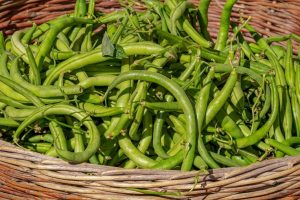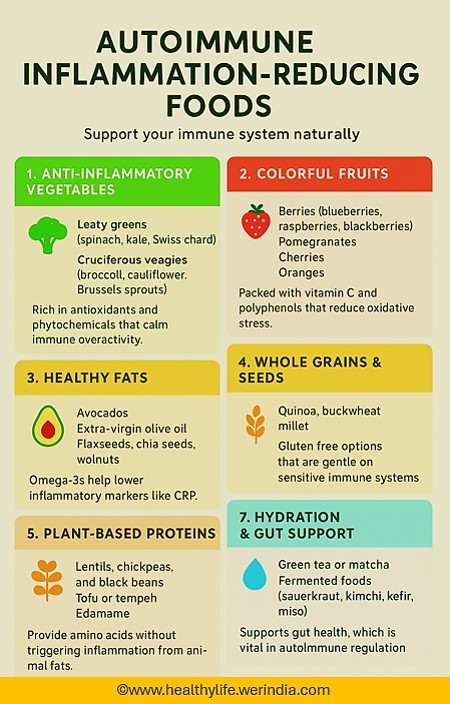
Intestinal worms in children
Inside human body lives intestinal worms that are parasites. Some think that these worms are not dangerous. It is not true. Worms can cause many health issues and make us weak. Loss of appetite and poor absorption of food that leads to weight loss is a common symptom of having parasitic worms inside body.
How do we get worms in intestine?
There are two types of intestinal worms – Flat worms which include flukes and tapeworms and, Round worms. When not taken care, intestinal worms grow inside intestine and can cause problem to health.
These worms produce eggs that hatch to larvae. Either the eggs or larvae or both will pass out of the body in the faeces. They might enter food and water and eventually human body. In the intestine, they feed on our food or blood. The most usual way of worms entering the body is through unhygienic practice, water and food. People who eat meat of an infected animal can get it through meat. Uncooked vegetables and improperly washed raw vegetables and fresh fruits are also source of intestinal worms. Other causes of intestinal worms are:
- contaminated water
- contaminated soil
- contact with contaminated feces
- poor sanitation
- poor hygiene
Soil transmitted helminths are most common types that cause health issues. Roundworms are transmitted through contaminated feces and soil. Once they enter human body, they thrive on blood and food and grow causing several severe symptoms. Hookworms enter through skin from the soil.
If the stool is left behind, flies that sit on stool carry larvae or eggs and transport them to food, cups, plates etc.
Symptoms of intestinal worms in children are:
- Abdominal pain
- Bloating
- Gas
- Fatigue
- Weight loss
- Nausea, vomiting and diarrhea
- Dysentery
How intestine worms affects overall health?
According to WHO in children,
- negatively affecting nutritional status (causing intestinal bleeding, loss of appetite, diarrhoea or dysentery, and reducing absorption of micronutrients);
- worsening school performance;
- causing complications that require surgical intervention (i.e. intestinal obstruction and rectal prolapse).
Small children are more susceptible to intestinal worms due to their developing immune system. Playing with soil, sand in playgrounds will bring them close to these worms.
- Threadworm: It is common in young children. Children feel tired and bad tempered because of less sleep and uncomfortable feeling due to itching in anus.
- Hookworm: The hook onto intestine and suck blood. Children get anemia because of the this.
- Roundworm: Easily can be seen in stools. Stomach pain and no hunger – are two symptoms children face with roundworms presence in intestine. Too many roundworms can block the intestines by farming a ball.
- Tapeworms: Long, flat worms are tapeworms. Generally eating raw fish, pork or undercooked fish carries tapeworms. Some tapeworms can be very dangerous for children.
In severe cases, intestinal worm infection can cause dysentery with blood or pus in stool, vomiting, elevated body temperature, extremely fatigued and lot of dehydration. This can be fatal too.
Treatments:
- According to WHO, soil transmitted helminth infections are widely distributed throughout the world. More than 800 million children suffer from these parasites and need treatment. This include Pre-school children and school-age children. With this woman of childbearing age including pregnant women in their second and third trimesters, and breastfeeding women are also at risk of getting infected by intestinal worms. Education on hygiene practice and healthy behaviors are two ways to stop intestinal worm’s transmission.
- Medical treatment depends on type of intestinal worms. For example; Tapeworms are treated with oral medication that paralyzes the adult tapeworm. The two fast-acting, safe, effective, and inexpensive drugs available to treat intestinal worms are albendazole and mebendazole.
- Avoid raw fish and meat. Washing fresh produces properly helps. Learn how to preserve or freeze meat properly.
- Breaking the cycle of transmission of eggs and larvae is very important measure to control intestine worms. Children should be taught how to wash their hands properly after defecation, before and after eating. Personal hygiene is very important to prevent intestinal worms.
Teach children about personal hygiene and let them understand how critical is to wash hands, legs, cutting finger nails, toe nails, taking bath, using sanitizers, soap etc. Educate them about symptoms and risk of having intestine worms. Building a strong immune system helps in getting rid of worms in children.
References:
- https://www.healthline.com
- http://www.who.int/intestinal_worms/
- https://reference.medscape.com
- Image credit: People photo created by freepik – www.freepik.com (Free for commercial use)
Author: Sumana Rao | Posted on: October 25, 2024
« Tips For Stoller Selection And Maintenance Practicing These Four Yoga Mudras Can Improve Children’s Learning Skills »




















Write a comment